Eating slowly, chewing thoroughly, avoiding fried and pickled foods, limiting raw and cold foods, drinking water properly and taking vitamin C supplements... are tips to help prevent stomach ulcers.
According to Associate Professor, Dr. Nguyen Anh Tuan, Head of the Department of Gastroenterology, 108 Central Military Hospital, although gastric ulcers are common, they can be prevented. Therefore, apply a reasonable and scientific diet to protect and improve health, especially to help limit the risk of stomach diseases.
Need to ensure food hygiene
Wash your hands before eating, eat cooked food and drink boiled water to limit bacteria from entering and causing gastritis.
Eat slowly and chew thoroughly.
Eat slowly and chew thoroughly to reduce the burden of stomach contractions. Avoid eating quickly and swallowing quickly, or working while eating. Try to relax during meals so that the stomach can function effectively, helping the body absorb nutrients better.
Eat and drink in moderation
Research shows that eating regularly, on time, and in a measured way will form a conditioned reflex, support digestive secretions, and benefit digestion.
You need to eat 3 full meals a day and on time. You should not let your stomach get too hungry or too full because then the acid in your stomach will increase, affecting digestion.
Eat less fried foods
Fried foods are not easy to digest and can put a strain on the digestive tract. Eating too much can cause fatty blood, which is not good for your health.
Eat less salted foods
Salt-preserved foods also make the stomach work harder to process. Furthermore, they contain some carcinogens, so consumption should be limited to prevent disease.
Limit raw and cold foods
Raw and cold foods have a strong stimulating effect on the digestive tract mucosa, especially the stomach mucosa, so they can easily cause diarrhea or gastritis.
Drink water properly
The best time to drink water is when you wake up in the morning and one hour before eating. Drinking water immediately after a meal will make your stomach full, making it more likely to cause gastroesophageal reflux disease.
Vitamin C supplement
Vitamin C has a protective effect on the stomach if consumed within the allowable level. Maintaining normal vitamin C content in gastric juice can effectively promote the function and enhance the resistance of the stomach. Vitamin C should be supplemented through daily diet with fresh vegetables and fruits.
America and Italy
Source link



![[Photo] General Secretary To Lam, Secretary of the Central Military Commission attends the 12th Party Congress of the Army](https://vphoto.vietnam.vn/thumb/1200x675/vietnam/resource/IMAGE/2025/9/30/9b63aaa37ddb472ead84e3870a8ae825)
![[Photo] Solemn opening of the 12th Military Party Congress for the 2025-2030 term](https://vphoto.vietnam.vn/thumb/1200x675/vietnam/resource/IMAGE/2025/9/30/2cd383b3130d41a1a4b5ace0d5eb989d)
![[Photo] General Secretary To Lam receives US Ambassador to Vietnam Marc Knapper](https://vphoto.vietnam.vn/thumb/1200x675/vietnam/resource/IMAGE/2025/9/29/c8fd0761aa184da7814aee57d87c49b3)

![[Photo] The 1st Congress of Phu Tho Provincial Party Committee, term 2025-2030](https://vphoto.vietnam.vn/thumb/1200x675/vietnam/resource/IMAGE/2025/9/30/1507da06216649bba8a1ce6251816820)
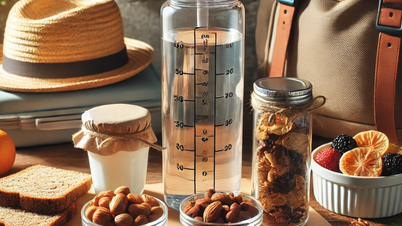

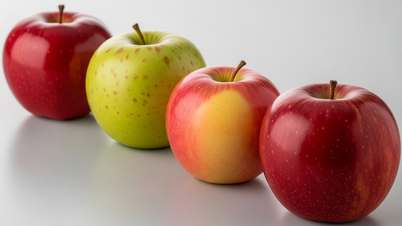









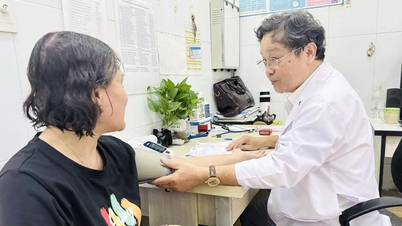

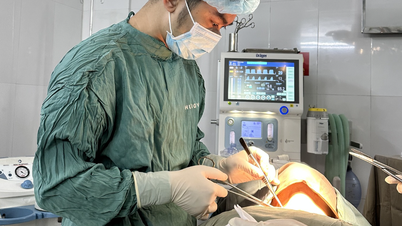
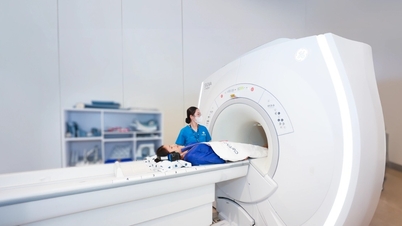

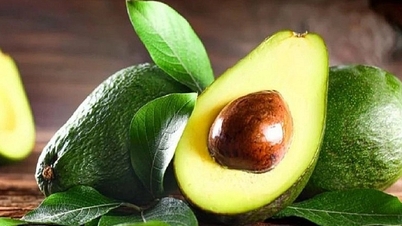










![[Photo] General Secretary To Lam attends the ceremony to celebrate the 80th anniversary of the post and telecommunications sector and the 66th anniversary of the science and technology sector.](https://vphoto.vietnam.vn/thumb/1200x675/vietnam/resource/IMAGE/2025/9/29/8e86b39b8fe44121a2b14a031f4cef46)

































































Comment (0)